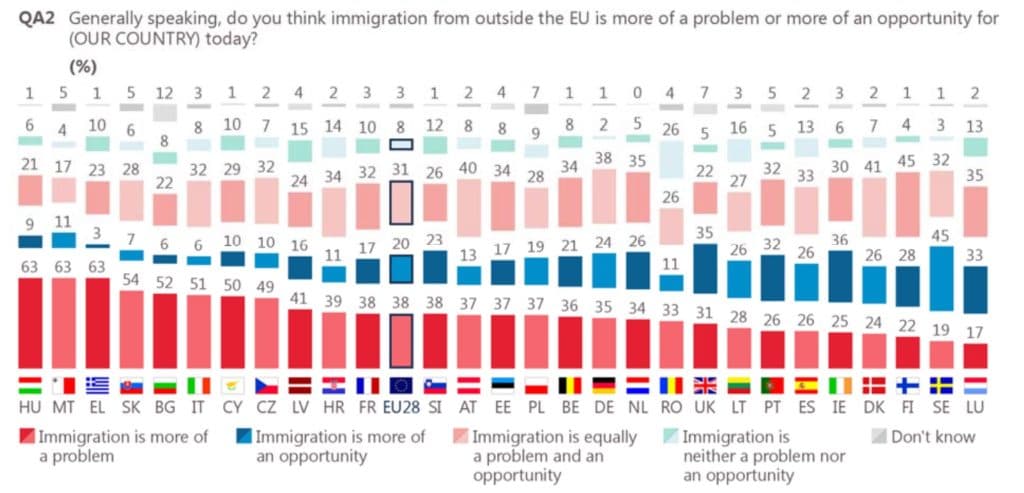AI-Generated Summary
Context of the PERCEIVE Project
The PERCEIVE Project, which stands for “Perception and evaluation of Regional and Cohesion Policies by Europeans and Identification with the values of Europe,” is a research initiative within the EU’s Horizon 2020 program. It aims to investigate how the Cohesion Policy contributes to a shared European identity and adherence to European values among its citizens. The findings from this three-year project provide crucial insights into the current perception of European policies, which can be beneficial for stakeholders interested in sustainable housing.
Communication Challenges
One of the primary findings of the project indicates that Europe struggles with communication regarding its Cohesion Policy. The current communication strategies have proven ineffective in garnering support for the EU. Traditional media channels, such as television and newspapers, still dominate the awareness landscape, while social media remains underutilized. It suggests that Europe needs to rethink its communication strategies to ensure that local governments do not take undue credit for benefits arising from EU funds.
Structural Funds and EU Support
Another key finding reveals that simply allocating structural funds does not automatically translate into public support for the European project. In regions like Calabria, Italy, where awareness of EU funding is high, only a small percentage perceive it as beneficial. This discrepancy indicates that ineffective spending and poor communication regarding the results of the Cohesion Policy may undermine support for the EU.
Low Awareness Among Citizens
The research highlights that a significant proportion of European citizens remain unaware of EU policies, with only about 45% aware of the Cohesion Policy. The awareness levels significantly vary across different regions, with newer EU member states exhibiting higher recognition of these policies. This disparity indicates a need for improved outreach and education about EU investments at the local level. 🇵🇱 Recognition in Newer Member States Interestingly, awareness of EU Cohesion Policy is notably higher in newer member states like Poland and Estonia, where awareness peaks at 63% and 60%, respectively. In contrast, awareness drops significantly in older member states, such as the UK and the Netherlands, illustrating a "two-speed" scenario in EU recognition that could impact housing policies.
Euroscepticism vs. Benefits
The project also finds that not all Eurosceptic governments reflect the views of their citizens. In Poland, for instance, a substantial percentage of respondents recognize the benefits derived from EU funding. This finding suggests that the benefits of EU policies can resonate even in regions governed by Eurosceptic parties.
Impact of Demographics on Perception
Demographic factors significantly influence the perception and appreciation of the EU. Younger, more educated, and urban citizens tend to have a more favorable view of the EU and its benefits, while older, less-educated, and rural populations are less aware and appreciative. This demographic divide presents challenges for inclusive policies, including those in sustainable housing.
Investment in Awareness
The importance of investment in communication strategies is underscored, as increased structural funds and targeted communication budgets can enhance citizens' awareness of Cohesion Policy. However, the effectiveness of these strategies may decline over time, indicating the need for ongoing engagement.
Institutional Quality and Trust
Lastly, the quality of national institutions and levels of corruption play a crucial role in shaping citizens' trust in the EU. Wealthier regions tend to have lower identification with the European project, while poorer regions show higher levels of recognition and trust in EU institutions. This dynamic has implications for how sustainable housing initiatives might be perceived and supported across different regions.
